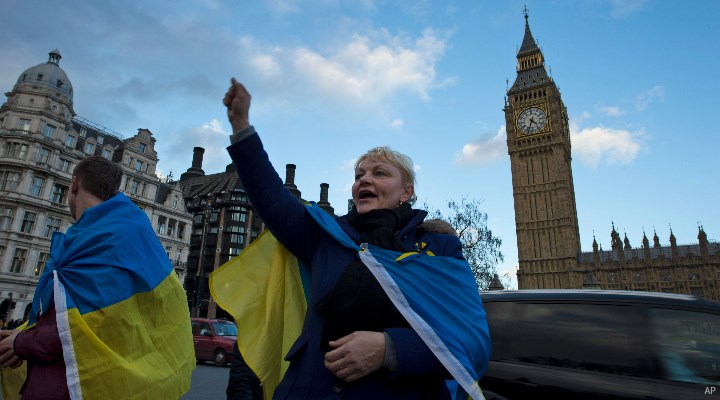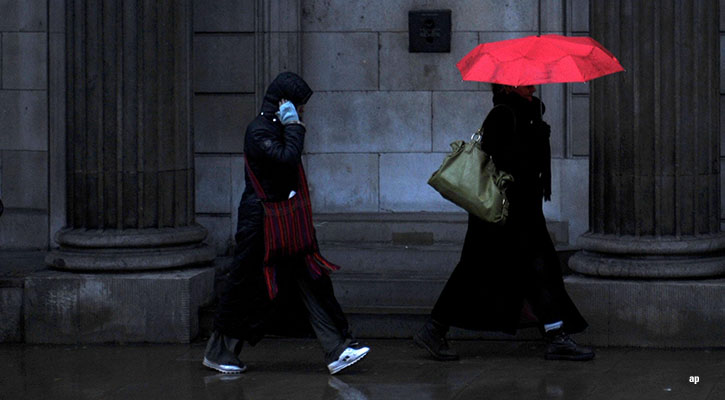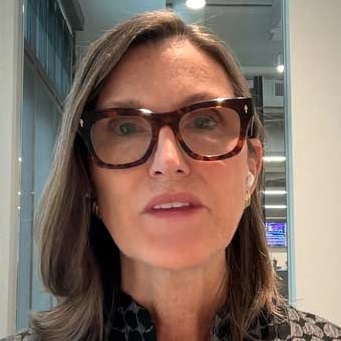Ollie Smith: The value rotation has handed UK equities a new lease of life in recent weeks. But that being said, the conflict in Ukraine has certainly clipped the wings of anyone displaying overambition. Perfect timing then to discuss UK equity funds with the manager of J O Hambro's UK Equity offering. Clive Beagles joins me now. Clive, thanks so much.
Let's just begin with oil, as BP is your fund's top holding. What's it like to be a fund manager holding oil at the moment? Have you made any changes? What are you observing?
Clive Beagles: Yeah. Look, clearly, it's been very front and center of people's minds. Of course, there's a lot of focus on BP and it's, sort of, 20% ownership of Rosneft and the fact that they've effectively walked away from that. But of course, BP's involvement in Russian oil is not unique to them. Other companies have sort of followed suit – Shell, Total and I suspect most of the US majors will as well. So, while it may have been slightly larger for BP, it's not a unique situation to them. And to put a bit of context, the foregone dividend stream that BP got from Rosneft probably equates to about $6 or $7 on the oil price. I mean, obviously, oil price has gone up probably $20 to $25 during this phase. So, on a net-net basis, they're making more money even though they've walked away from their Rosneft holding.
Clearly, it's a situation that remains quite fluid. But we shouldn't lose context. Why do we like BP? Because certainly of the UK names and, in an international context, it's the best placed to benefit from the energy transition because of the fast acceleration they're putting into solar, wind, EV, mobility and the likes, and none of that really changes. None of us knows quite how long oil prices will remain as elevated as this, but you've got to assume that long-term supply has declined here because Russia will find it difficult to get back to the market in the way they were before, which all other things being equal means the price is going to stay higher for longer, And if that helps BP accelerate its transition into low carbon energies, then so much the better in some regards.
OS: Okay. On UK equities generally, do you feel in any way vindicated by events given that the UK had looked relatively unattractive for some time? I'm just thinking in particular the tech sell-off and how that hit at the start of the year. Is it a comeback?
CB: It's a bit early to feel vindicated. I think it's the start of a process. Little bit of context. The UK has been underperforming really ever since the Brexit referendum. So, that's what? Summer of 2016. In the last three or four years, it's been the kind of outperformance of growth as you talk about big tech in the US, for example, relative to value. The UK, of course, has a bias towards value as a style. And I think we genuinely believe that we are putting Ukraine to one side for a moment, I think there's a regime shift going on here. Monetary policy has been too loose for too long. Interest rates have got to go up. And ultimately, not only will that sort of lead to a kind of we think a sort of recalibration of the relative prospects of sort of growth stocks versus – fairly growth stocks, of course, were all being valued on off low discount rates than the rest of it.
But actually, of course, many of the stocks in the UK in that value basket actually benefit from interest rates rising, particularly the financial complex, particularly banks but also insurance companies as well. So, I think that process has barely started, to be frank with you. We've got a whole generation of investors who haven't seen an environment in which interest rates are rising rather than falling or staying at very low levels. That's a significant difference, and I think in that context the UK has got many years of sort of relative recovery ahead of it, I think.
OS: Interesting. Okay. The situation in the past two weeks has led to kind of a new focus on risk. So, I want to ask you what risks are you keeping an eye on in the portfolio and perhaps what lessons can everyday investors at home take away from them?
CB: Yeah. There's a lot of intraday moves or even day-by-day moves; it's not taking a great deal to move either markets or indeed individual stocks, or indeed bond markets. I mean, earlier this week, we had the bigger – a sort of six standard deviation move in the bond market. And guess what? The next day bond yields almost went back up to where they've been the day before. And that's supposed to be the largest, most liquid market in the world. So, don't get too sort of caught up on that.
To me, actually, the biggest risk – and it's sort of related to this fallout from Ukraine in a way – to my previous point, central bankers have been behind the curve for the last 12 months. Clearly, policy was very loose. We didn't quite know how the pandemic would play out. Economic growth has recovered much faster than any commentator expected, and they really should have been putting interest rates up last year. So, the biggest risk to me is that they remain behind the curve and maybe use the current conflict as a sort of yet another excuse to kick the can down the road, and not put rates up when they should be. Rates should be 200 basis points higher than they are. I'm not saying they should do that immediately, but that's the sort of context that we're talking about.
Now, in that regard, I'm quite encouraged by comments from Governor Powell yesterday, who effectively said: "look, you know, we still need to put rates up." And obviously, you could argue that the inflation agenda in the short term has got worse because of where energy prices have had another spike. So, that's the risk we don't need – because if central bankers remain behind the curve, then obviously they're going to have to do more corrective action later, and that could lead to a global contraction further down the road. So, to me, that's the risk that I'm most focused on, which might surprise people. They may assume it's all about following the minute-by-minute kind of news from Ukraine and I don't think it is. I think the big issue for investors to grapple with right now is all about monetary policy tightening and the appropriate pace of that.
OS: Okay. For more on investing styles and conviction investing, check out Morningstar.co.uk. Until next time, thanks to Clive. I've been Ollie Smith for Morningstar.




























